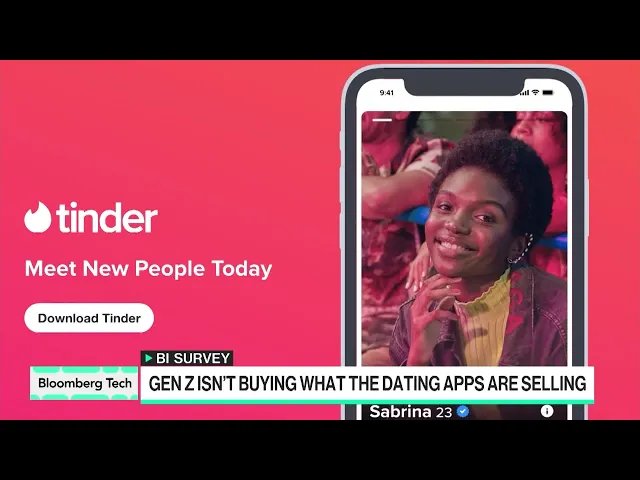AI Dating Features Face Rejection From Gen Z

Gen Z rejects AI in dating apps
In a digital landscape where artificial intelligence infiltrates nearly every aspect of our lives, a surprising resistance has emerged from an unexpected demographic. Gen Z, the first truly digital-native generation, is pushing back against AI-powered features in dating apps, expressing strong preferences for authentic human connections over algorithmically enhanced experiences. This rejection highlights a fascinating paradox in how younger users approach technology in their most intimate social interactions.
Key Points:
- Gen Z users demonstrate significant skepticism toward AI matchmaking features, preferring manual profile browsing and human-centered connection processes
- Dating apps attempting to introduce AI-generated openers, message drafts, and compatibility scores face user resistance despite their technological sophistication
- The rejection stems from Gen Z's nuanced understanding of digital authenticity and their desire for genuine, imperfect human interactions that AI cannot replicate
The Authenticity Paradox
The most revealing insight from this trend is what I call the "authenticity paradox" – Gen Z simultaneously embraces technology across most life domains while establishing clear boundaries around activities they consider fundamentally human. Dating represents perhaps the most pronounced example of this boundary-setting. Despite growing up immersed in technology, Gen Z users demonstrate remarkable discernment about where AI belongs in their social lives.
This matters because it challenges the prevailing narrative about technology adoption being primarily generational. Instead, we're seeing evidence of a more sophisticated decision-making process where users evaluate technology based on context rather than novelty. The rejection of AI in dating apps signals a potential shift in how consumers across all demographics might begin evaluating technology – not just by what it can do, but by what experiences it might diminish.
The Hidden Costs of Efficiency
What many dating app developers have missed in their AI implementation is understanding the value users place on the "inefficiencies" of human connection. The fumbled opening lines, the awkward message timing, and the imperfect profile descriptions all serve as authenticity signals that AI struggles to replicate convincingly. These seemingly inefficient elements actually function as trust mechanisms in the early stages of connection.
Consider Bumble's early 2023 introduction of AI message drafting features. While the company positioned it as reducing "first message anxiety," user feedback revealed that many Gen Z users intentionally value that initial awkwardness. As one 24
Recent Videos
How To Earn MONEY With Images (No Bullsh*t)
Smart earnings from your image collection In today's digital economy, passive income streams have become increasingly accessible to creators with various skill sets. A recent YouTube video cuts through the hype to explore legitimate ways photographers, designers, and even casual smartphone users can monetize their image collections. The strategies outlined don't rely on unrealistic promises or complicated schemes—instead, they focus on established marketplaces with proven revenue potential for image creators. Key Points Stock photography platforms like Shutterstock, Adobe Stock, and Getty Images remain viable income sources when you understand their specific requirements and optimize your submissions accordingly. Specialized marketplaces focusing...
Oct 3, 2025New SHAPE SHIFTING AI Robot Is Freaking People Out
Liquid robots will change everything In the quiet labs of Carnegie Mellon University, scientists have created something that feels plucked from science fiction—a magnetic slime robot that can transform between liquid and solid states, slipping through tight spaces before reassembling on the other side. This technology, showcased in a recent YouTube video, represents a significant leap beyond traditional robotics into a realm where machines mimic not just animal movements, but their fundamental physical properties. While the internet might be buzzing with dystopian concerns about "shape-shifting terminators," the reality offers far more promising applications that could revolutionize medicine, rescue operations, and...
Oct 3, 2025How To Do Homeless AI Tiktok Trend (Tiktok Homeless AI Tutorial)
AI homeless trend raises ethical concerns In an era where social media trends evolve faster than we can comprehend them, TikTok's "homeless AI" trend has sparked both creative engagement and serious ethical questions. The trend, which involves using AI to transform ordinary photos into images depicting homelessness, has rapidly gained traction across the platform, with creators eagerly jumping on board to showcase their digital transformations. While the technical process is relatively straightforward, the implications of digitally "becoming homeless" for entertainment deserve careful consideration. The video tutorial provides a step-by-step guide on creating these AI-generated images, explaining how users can transform...
